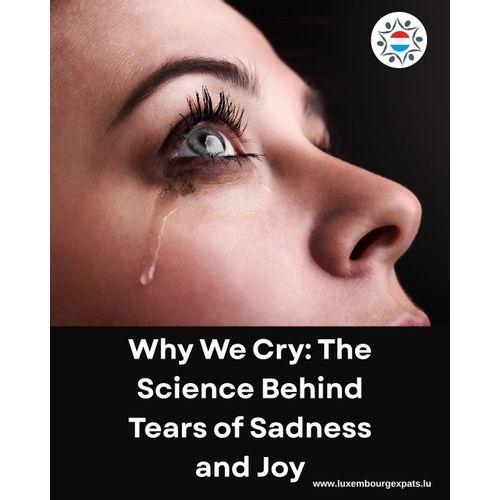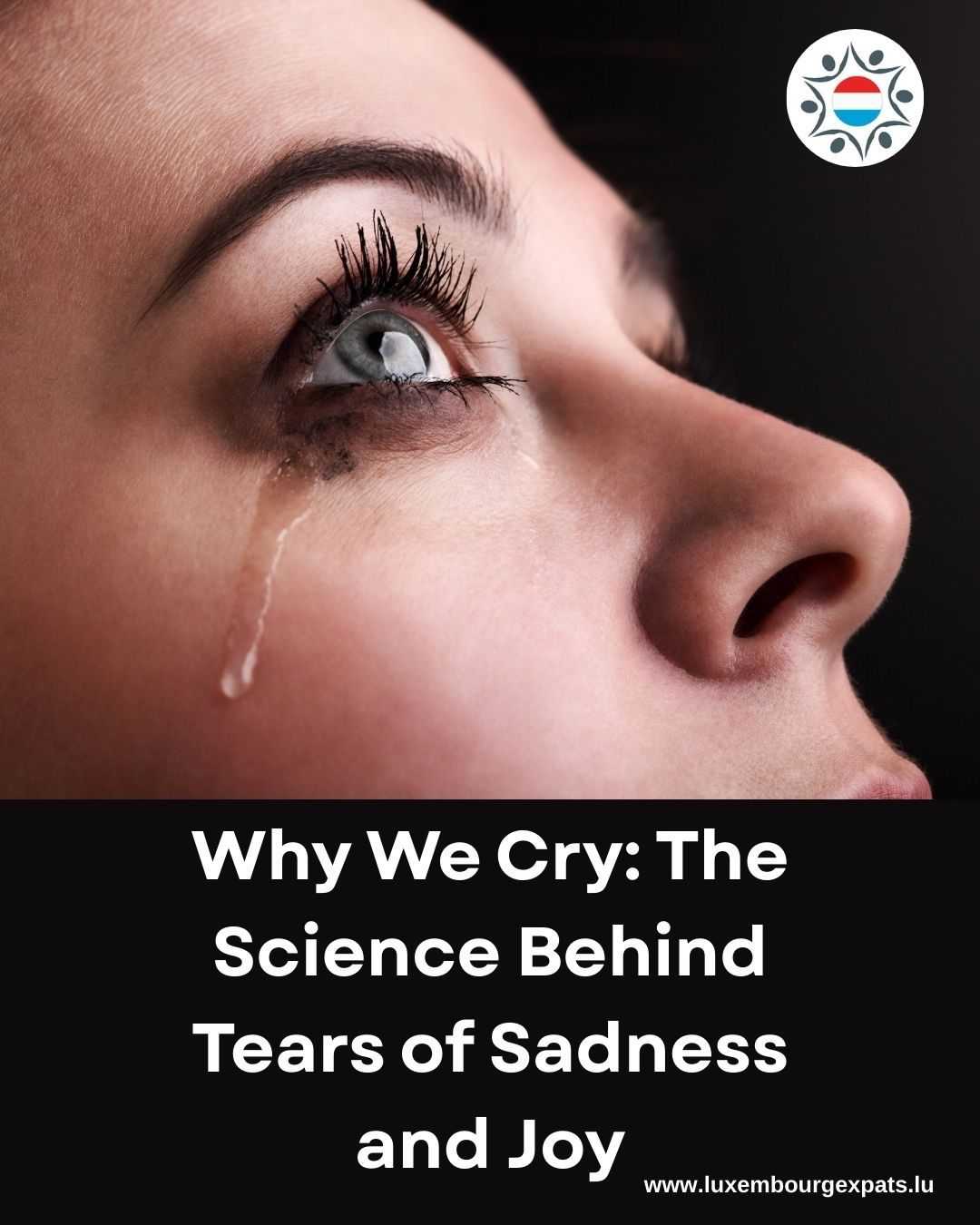Why We Cry: The Science Behind Tears of Sadness and Joy
LuxembourgPosted on 11 September 2025 by Team · 2 min readHumans are unique in shedding tears for emotional reasons—tears of sorrow, joy, empathy—and psychology researchers believe this behavior evolved to help us communicate, bond, and manage overwhelming emotions. Studies from Europe and elsewhere provide insight into what triggers emotional tears, what they are made of, and what purpose they serve.
What Triggers Emotional Tears
Emotional tears arise when feelings become intense—whether grief after loss, overwhelming happiness (like seeing someone you love succeed), or even empathy in response to others’ suffering. Psychologists such as Ad Vingerhoets have argued that crying functions as a signal of vulnerability and a call for social support. It’s not just about sadness; strong positive emotions can also overflow into tears.
What Are Emotional Tears Made Of?
Not all tears are the same. There are basal tears (to keep the eyes lubricated), reflex tears (like when chopping onions), and emotional tears. Emotional tears differ chemically: they contain higher levels of stress-related hormones such as adrenocorticotropic hormone, prolactin, and natural pain-relief chemicals like leucine‐enkephalin. These components likely help the body respond to stress.
The Social and Psychological Role of Crying
Crying can be deeply social. When someone cries, others often respond with empathy and support. This helps with emotional repair and draws people together. Evolutionary psychology suggests that tears may have developed because they signal need and build trust in interpersonal relationships. They serve both as a message to others and a way to process one’s own emotions.
Psychologists also believe crying helps restore emotional balance. When people feel overwhelmed, tears can act like a release valve—relieving accumulated psychological pressure. Some studies show that despite the immediate discomfort tears bring, there’s often a feeling of relief afterward.
Cultural and Individual Differences
How often and in what context people cry can vary greatly depending on culture, gender norms, personality, and past experiences. European studies suggest that while all humans have the capacity for emotional tears, their expression is shaped by what’s considered acceptable in their society—or by their upbringing.
Know More : theguardian.com/science/2013/apr/14/why-do-humans-cry-biology?utm_source
Join the community of your own - #1 home-grown LuxExpats app
SignUp Free: luxembourgexpats.lu
I am your contact
Team
Chat








